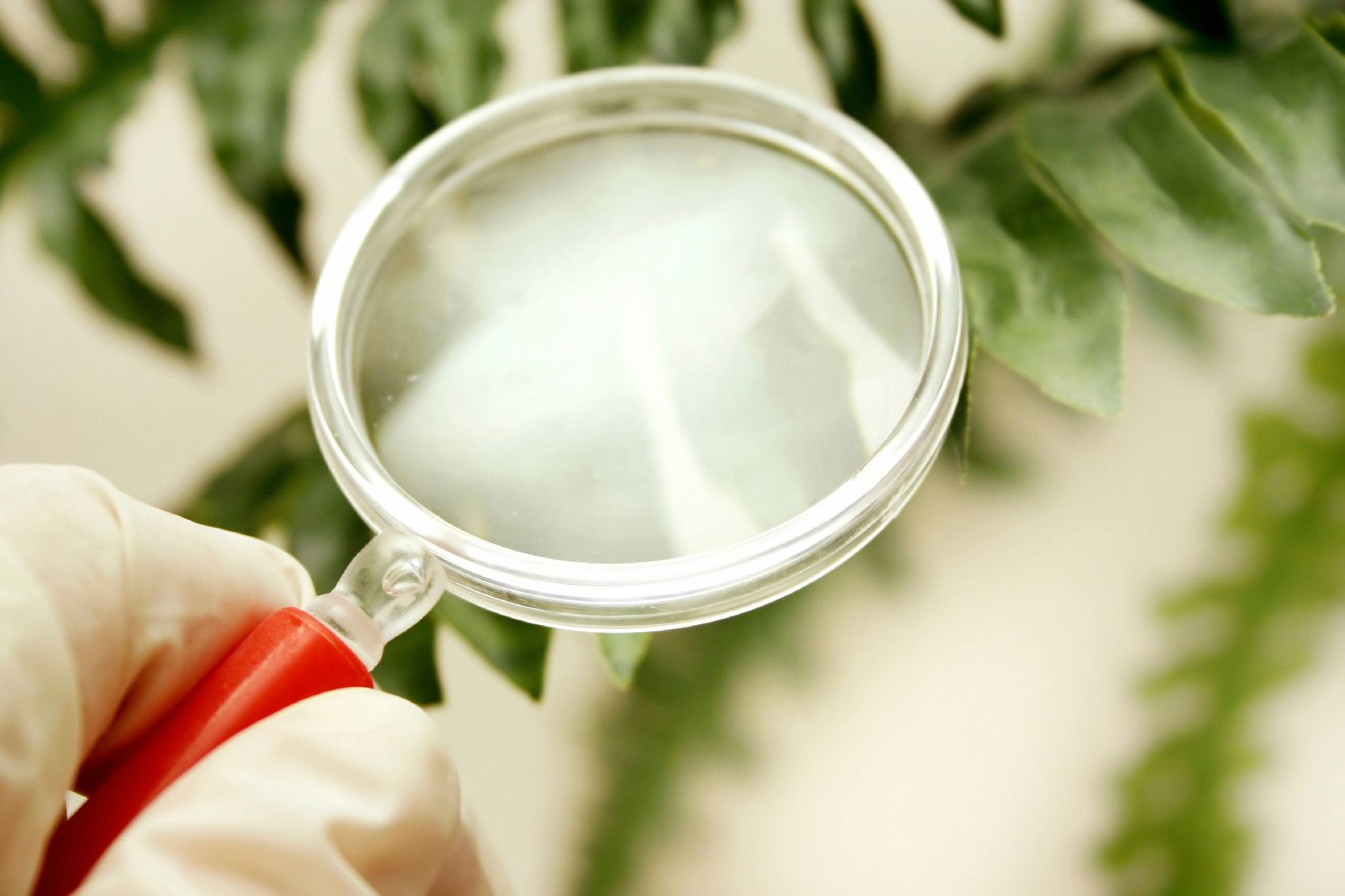DNA Experts Discuss What Makes Testing Difficult in NY AG Case
Experts in DNA testing have come together in a new white paper questioning proper use in the ongoing dietary supplement investigation led by NY AG Eric Schneiderman.

Experts in DNA testing have come together in a new white paper outlining the challenges of the technology for botanicals and questioning its proper use in the ongoing dietary supplement investigation led by New York Attorney General Eric Schneiderman. Schneiderman this week announced he has partnered with attorney generals from other states in investigating the herbal supplements industry at large. In this new white paper, the authors point out the complexities of DNA barcoding and explain their doubts that the scientist in Schneiderman’s investigation had the proper parameters and experts in place when testing products that the attorney general’s office ultimately deemed to be misbranded and not meeting label claims.
Below are some factors that make DNA testing for botanicals-and especially in finished products-challenging at this time, the white paper authors state:
- Those using DNA barcoding need to have an extensive and experienced understanding of plant species, including genetic variations caused by hybridization and geographic distribution, in order to properly identify plant genes. Given the variations that occur, “a single or standard set of genes” is unlikely adequate to differentiate between species for proper identification. “Because most genes are identical from plant to plant, it is difficult to identify the few regions of the genome that vary enough to identify them,” they write. “Even if DNA can be detected in a sample, if it is from a gene region that is identical across many species of plants, it is not useful for identification and will provide ambiguous results.”
- For valid testing, scientists need to test a number of samples and genes of a species, must use a sufficient number of control samples to rule out false positives and negatives, and must rule out the presence of contaminants.
- Scientists should also compare DNA sequences from test samples to reference-standard DNA sequences; however, currently there is a lack of publicly available, complete DNA sequencing data for most commercially used herb species, including ones tested by the NY AG.
Because Attorney General Schneiderman’s office has shared only limited data from the DNA tests his investigation employed, it’s not possible to know whether the testing was accurate. However, the white paper authors question whether the scientist hired by the attorney general’s office was experienced enough with botanical testing (stating that his specialty instead is DNA testing of reptiles) to produce reliable results. They also question whether fit-for-purpose methods were used for the species tested, stating that “because the NY AG reported testing six gene regions across all of the products tested, it is not likely that the investigator used specific methods for each species as would have been appropriate.”
The authors also point out how the lack of available DNA sequencing reference standards would have affected the investigation. “Most of the species under investigation by the NY AG cannot be accurately identified without a proprietary database of reference standards, as several of the species under investigation-including St. John’s wort and Echinacea-do not have publically available reference sequences from the genes necessary to identify them….This is clearly an issue with the NY AG’s study, which provided highly ambiguous results, including reports of identifying Allium (which includes both onion and garlic), as well as legumes (which constitute a wide range of species including soy and pinto beans), as well as houseplant (which could be any number of things),” they write.
Finally, they said, the chances for false negative results are likely high if the scientist did not use testing specifically targeting the short-chain DNA fragments that would likely have been found in the finished, extracted products versus the long-chain “pure” DNA that would have been found in unprocessed material.
Although DNA testing has long been used as evidence in forensic, medical, and paternity investigations, the authors call its use for botanical testing at this point in time “relatively recent and far less established.”
“As a result, a general lack of understanding exists-even by those who claim to perform DNA testing-of the complexities of the methods, especially as they related to finished dietary supplement products containing botanical extracts. This lack of awareness has resulted in both the misuse of the technologies and misrepresentation of test results,” they state.
The white paper was commissioned by dietary supplement associations: the American Herbal Products Association, the Consumer Healthcare Products Association, the Council for Responsible Nutrition, and the United Natural Products Alliance. The authors are Danica Reynaud, PhD, AuthenTechnologies LLC; Brent Mishler, PhD, University of California, Berkeley; James Neal-Kababick, Flora Research Laboratories LLC; and Paula Brown, PhD, British Columbia Institute of Technology.
Also read:
Editor: New York Attorney General Case Requires Strong Response, Supplement Leaders Say
NY Attorney General Extends Investigation to Manufacturers
Jennifer Grebow
Editor-in-Chief
Nutritional Outlook magazine
jennifer.grebow@ubm.com
Photo © iStockphoto.com/ScantyNebula










